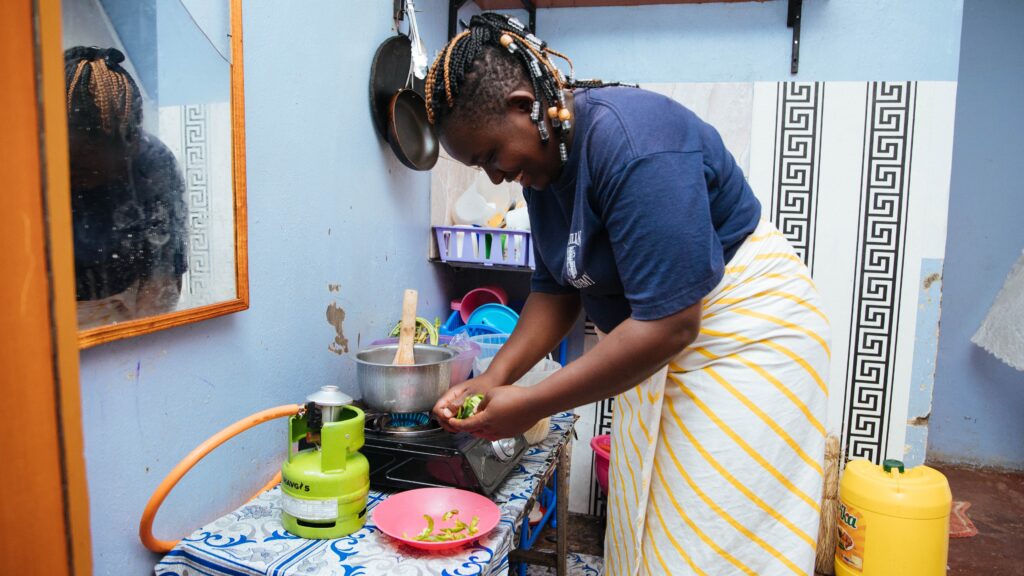AfDB, IEA, and CCA Join Forces To Help African Governments Deliver Clean Cooking for All
COP28, DUBAI, Dec. 11, 2023 — The African Development Bank (AfDB), International Energy Agency (IEA), and Clean Cooking Alliance (CCA) announced their intention to form an Africa Clean Cooking Consortium (ACCC).
The Consortium will address the full spectrum of activities required to achieve universal access to clean cooking including country-level planning, establishing Delivery Units, developing country programs, and catalyzing public and private investment. These three organizations, each well positioned to lead this effort, plan to galvanize partners from across the continent and beyond, bringing in governments’ finance institutions, donors, the private sector, and civil society to make the progress required for universal access to clean cooking.
The announcement was made at the COP28 side event, “A Call for Action: Universal Clean Cooking Access in Africa,” which was hosted by AfDB, IEA, CCA, and the African Union Commission and brought together four African governments, funders, and the private sector to make clean cooking a top priority in the coming years.
Today, 2.3 billion individuals globally, nearly a third of the world’s population, prepare their meals over open fires or inefficient, polluting stoves, contributing to 3.7 million premature deaths each year. This costs the average household hours each day in gathering fuel and cooking. Women and children bear the worst of these consequences.
“It is unacceptable that in the 21st century, close to 1 billion people in Africa do not have access to clean cooking,” said Dr. Akinwumi Adesina, President of the AfDB. “The goal of this Consortium is to drive meaningful, transformative change that will assure 100 percent access to clean cooking in Africa in less than 10 years.”
AfDB, IEA, and CCA are working to move the sector away from incremental, small-scale funding to large-scale financing. For universal access in Africa, investment in clean cooking stoves, equipment, and infrastructure, investment would need to reach US $4 billion annually. During the side event, Dr. Adesina announced up to 20 percent of AfDB’s approved annual lending program for energy will be allocated toward clean cooking.
Fatih Birol, Executive Director of IEA said, “Clean cooking should be solved because it is a stain on humanity. We are going to make 2024 a turning point for addressing this issue.”
A full transition to clean cooking in Africa could avert the release of about 900 million tons of CO2 equivalent annually, placing clean cooking at the center of Africa’s net-zero ambition. This will also ensure clean cooking becomes a prime candidate for climate finance and carbon credits to help fund this transformation.
“African governments are making it clear that they are ready to take the lead on this pressing issue,” said Dymphna van der Lans, Chief Executive Officer of CCA. “To achieve their goals, they need stronger, more dedicated support, which is what the Africa Clean Cooking Consortium aims to deliver.”
Many African governments, including Kenya and Sierra Leone, are prioritizing clean cooking. In September, Kenya announced the inaugural Clean Cooking Delivery Unit, a team of experts embedded within the Office of the President to accelerate clean cooking access. Sierra Leone is joining with its own Delivery Unit also housed in the Office of the President.
The consortium will integrate initiatives to bring more awareness to top-levels of government while building robust commitments, new partnerships, and innovative solutions to Africa’s No. 1 climate and energy issue.

